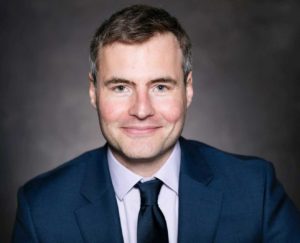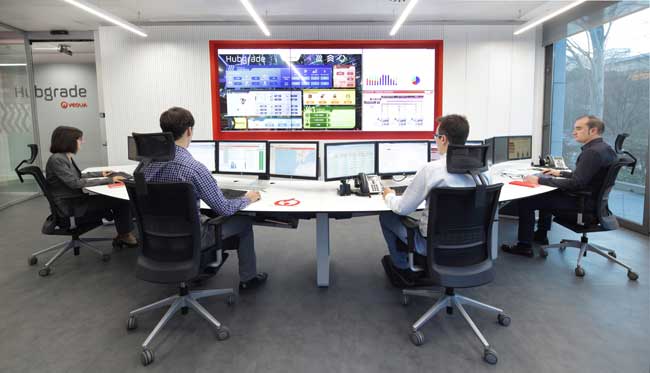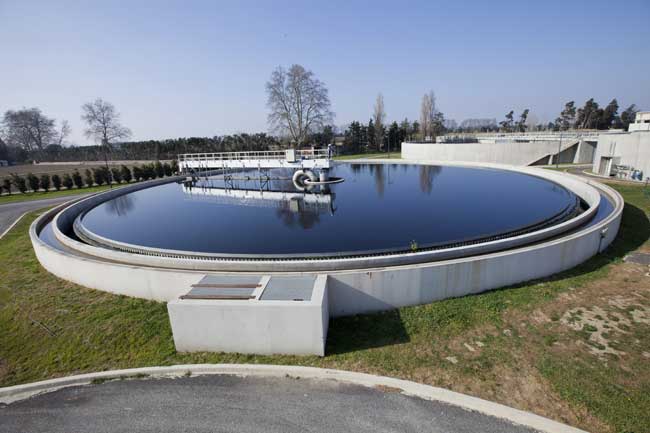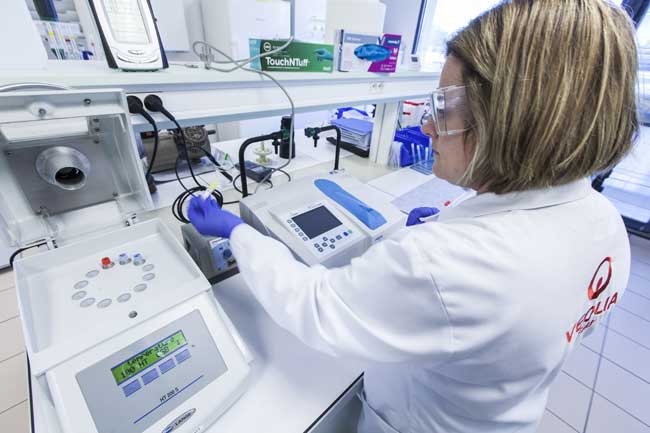During the recent European elections, our fellow citizens have restated their strong expectations on issues relating to the environment and the energy transition. Local elected representatives have considerable leverage on these affairs. Cities and their inter-municipal structures possess the relevant competencies in regard to water and sanitation, waste recycling and recovery as well as energy policy.
The Veolia Group, a partner of the territories for more than 150 years, works alongside local elected representatives to develop solutions that improve access to essential services, preserve natural resources and use and recycle them efficiently.

The VEOLIA group has long been very committed both in communities and to sustainable development, could you begin by telling us about your vision of the cities of the future?
The Veolia Group was one of the first to have a “Raison d’être”, anticipating the French PACTE law (Action Plan for Business Growth and Transformation). It reminds us that reducing our environmental footprint and that our customers are at the core of our business and our business model. It is this horizon of sustainability that must be at the heart of tomorrow’s cities, ensuring a better future for the next generations.
According to the United Nations, 55% of the world’s population lives in urban areas today, and this proportion is expected to rise to 68% in 2050. However, it is also urban areas that concentrate greenhouse gas emissions (75%), but they are also the ones that intend to play a leading role in the energy transition, with the promotion of development models that are more environmentally friendly and more concerned with quality of life.
Our role as a service provider is to support cities in this process, because our expertise in our traditional business models (water, waste and energy management) enables us to provide our municipal customers with global solutions, including innovations in the fight against heat islands or in the control and treatment of the air quality in buildings, enabling the cities of tomorrow to be smart, inclusive and resilient.

What can cities do in terms of circular and inclusive economy?
The circular economy draws its inspiration from ecosystems in order to reuse resources, if possible infinitely. With this in mind, the circular city seeks to save resources, create jobs and reduce its CO2 emissions. To this end, it establishes a functional economy to share infrastructure and services.
More specifically, renewing resources notably involves recycling materials (plastic, paper, glass, precious metals), transforming waste and wastewater into compost or energy, and recuperating these renewable and recovered energies (biomass, biogas, waste energy)…
In connection with these challenges, we have reinvented our business by moving from service delivery to the resource production.
Ensuring the sustainable management of water resources implies promoting the reuse of waste water, with the aim of reducing pressure on this resource. This reuse can go through many modalities (irrigation, reuse in industrial processes…).
Social support for the most vulnerable, reflected by the concept of inclusive water, corresponds to a strong expectation on our stakeholders’ part. Our Group has a solidarity program which is adaptable to the challenges of each community, and which also uses digitalization to support vulnerable groups. In addition to this, we ensure a deeply-rooted local presence with the transformation plan that was recently initiated. Veolia has in fact increased its territorial network, which now relies on a network of 68 water territorial directorates (compared with 25 previously).

For what reasons do public private partnerships, including Public Service Delegations, have a future?
The public service delegation (or concession) corresponds to the execution by a private entity of a public service defined by elected representatives. As such, it is a flexible tool that can be adapted to the new challenges that territories must meet to easily integrate the performance criteria which the operator must achieve.
Performance criteria are frequently used in energy efficiency service markets but can also be used for waste treatment. For example, Veolia, via the Lilébo subsidiary, has signed a performance contract with the city of Lille concerning urban cleaning. These commitments are measured using 14 indicators: 9 quality of service indicators (monthly) and 5 sustainable development indicators (yearly) that Lilébo plans to achieve with the help of a territorial organization while taking advantage of digital solutions (implementation of an application to manage real-time intervention requests).

What about the role of digitalization? In what way is it a major environmental issue?
The digital revolution should allow us to be better at our jobs, for example through the robotisation of sorting lines to increase sorting efficiency (with the launch of the Max AI robot in Amiens) or the real-time detection of leaks on drinking water distribution systems (via our platform Waternamics). The remote data center of the Société des Eaux de Marseille (SEM) enables the monitoring of 8,300 kilometers of networks and 1,200 hydraulic works over a territory of 2 million people.

However, digitalization should not be the enemy of jobs. Humans have always been key differentiators in our Group. In this context, our company is proactive in training our employees in these new technologies, thanks to our 4 Veolia campuses shared out across France. Likewise, Veolia Group’s employees have been supported at every step during the deployment of our cloud computing system.
In addition, Veolia, particularly through 2EI or Nova Veolia, is developing numerous applications for the services of cities and their citizens.



















